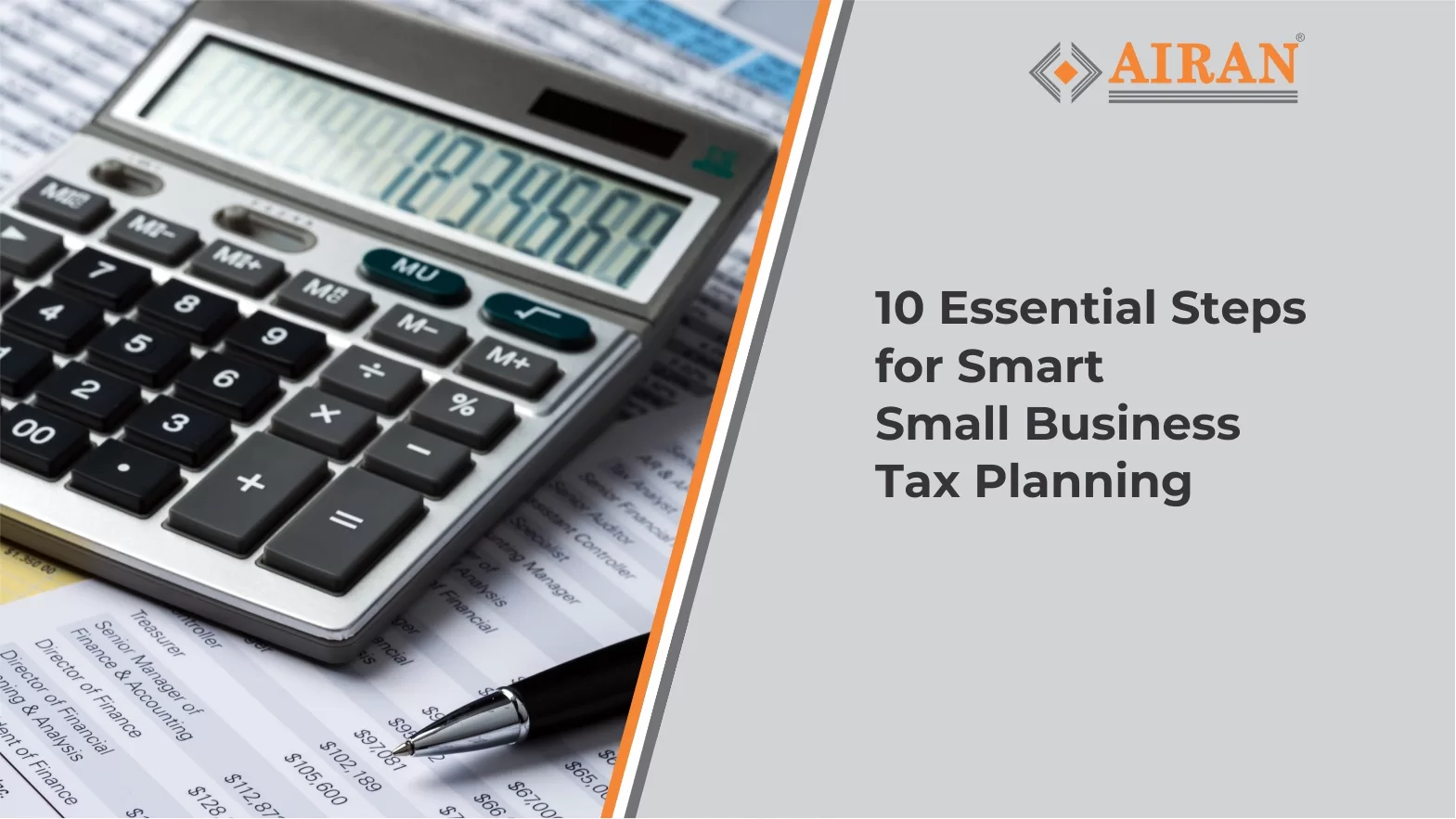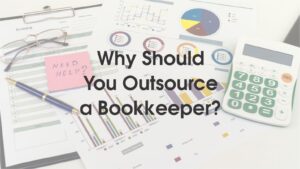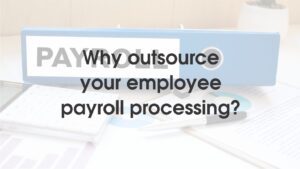10 Essential Steps for Smart Small Business Tax Planning
Tax planning is an essential aspect of managing any small business. With proper planning, small business owners can minimize their tax liabilities, reduce the risk of audits, and comply with tax laws. However, many small business owners find tax planning to be a daunting task. With complex tax laws and regulations, getting lost in the sea of information is easy. This blog post will discuss ten essential steps for smart small business tax planning to help you stay organized and minimize your tax liabilities.
Understand Your Business Structure
The first step in smart small business tax planning is understanding your business structure. Business structures are subject to different tax laws and regulations, and the tax implications can vary significantly. Therefore, knowing the tax laws that apply to your business structure is crucial.
For example, if you run a sole proprietorship or a partnership, your business income is taxed on your tax return. On the other hand, if you operate a corporation, your business income is taxed separately from your income. As a result, understanding your business structure is critical for tax planning.
Keep Accurate Records
Keeping accurate records is the second essential step in small business tax planning. Maintaining precise and organized records can help you claim deductions, avoid penalties, and prepare for audits. By keeping accurate records, you can track your business expenses and income, making it easier to file your tax returns accurately.
Moreover, keeping accurate records can help you identify areas where you can cut costs, ultimately reducing your tax liabilities. For instance, if you have a home office, keeping track of your home office expenses can help you claim deductions, thereby reducing your taxable income.
Know the Deductions Available
One of the most critical aspects of smart small business tax planning is knowing the deductions available. Tax deductions are expenses you can subtract from your taxable income, reducing your tax liabilities. Therefore, it is essential to identify all the tax deductions available to you.
Common deductions available to small business owners include home office expenses, vehicle expenses, office supplies, travel expenses, and health insurance premiums. However, it’s crucial to note that not all expenses are deductible, and some deductions may have limits. Therefore, it’s important to consult with a tax professional to ensure you’re claiming all the deductions you’re eligible for.
Plan for Estimated Taxes
Small business owners must pay estimated taxes throughout the year based on their expected income. Failing to pay estimated taxes can result in penalties and interest charges. Therefore, planning for estimated taxes and making timely payments is crucial.
To estimate your taxes, you can use Form 1040-ES, a worksheet that helps you calculate your estimated tax payments. You’ll need to estimate your income for the year and calculate your self-employment tax, which includes Social Security and Medicare taxes. Planning for estimated taxes is essential to avoid surprises when it’s time to file your tax returns.
Consider Retirement Plans
Another essential aspect of smart small business tax planning is considering retirement plans. Retirement plans not only to help you save for retirement but also offer tax benefits. By contributing to a retirement plan, you can reduce your taxable income, reducing your tax liabilities.
Moreover, many retirement plans offer tax-deferred growth, meaning you don’t have to pay taxes on your investment earnings until you withdraw the funds. Therefore, it’s essential to consider retirement plans as part of your tax planning strategy.
Hire a tax professional
If you’re unfamiliar with tax laws and regulations, hiring a tax professional is a good idea. A tax professional can help you identify deductions and credits you may have missed and ensure that your tax returns are accurate and complete. They can also provide valuable advice on tax planning strategies and help you avoid costly mistakes.
Take advantage of Section 179
Section 179 is a tax code provision that allows small businesses to deduct the full cost of certain assets in the year they’re purchased rather than depreciating the cost over several years. This can provide a significant tax benefit for small businesses that need to purchase equipment or other assets.
Stay up-to-date on tax laws and regulations.
Tax laws and regulations are constantly changing, so staying up-to-date on the latest developments is important. This includes keeping track of changes to tax codes, deductions, and credits. You can stay informed by reading tax publications, attending seminars and workshops, and consulting with a tax professional.
Use accounting software
Using accounting software can help you keep track of your finances and make tax planning easier. Accounting software can help you track expenses, create invoices, and generate financial reports. It can also help you identify potential tax deductions and avoid errors when filing your taxes.
Plan for the future
Finally, small businesses should plan for tax season. You should start organizing your financial records early in the year and work with a tax professional to develop a tax plan that works for your business.
Conclusion
Smart small business tax planning is essential for financial stability and growth. Following these ten essential steps can reduce your tax liability, maximize deductions and credits, and avoid costly mistakes. Remember to stay up-to-date with tax law and regulation changes, work with a tax professional, and plan ahead for tax season. With these strategies, you can ensure that your small business is financially healthy and successful. We provide Tax preparation services at very affordable prices so contact us to know more.




